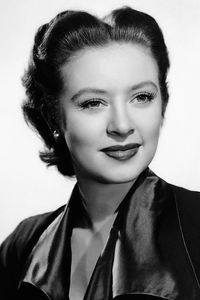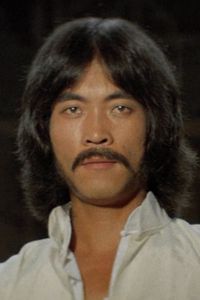Columba Domínguez Adalid was a renowned Mexican film actress, born on March 4, 1929, in Guaymas, Sonora, Mexico. She rose to fame during the Golden Age of Mexican cinema, earning the title of a crucial figure in the industry.
Domínguez began her acting career at a young age, discovered by film director Emilio Fernández at a party. Fernández was impressed by her striking Mexican features and cast her in small roles in films such as La perla and Río Escondido. In 1948, Fernández gave her the lead role in Maclovia, which earned her critical acclaim and recognition worldwide.
Her breakthrough performance came in Pueblerina, a film that cemented her stardom and made her a household name. The film's success led to her being presented at the Karlovy Vary International Film Festival and earning her a contract in Italy to star in L'Edera.
Domínguez continued to work with Fernández until their professional separation in 1952. She then collaborated with other renowned filmmakers, including Luis Buñuel, Fernando Méndez, and Ismael Rodríguez. Some of her notable films include El río y la muerte, Los Hermanos de Hierro, and Ánimas Trujano.
In addition to her film work, Domínguez also made appearances in television, starring in telenovelas such as La tormenta and El carruaje. She retired from acting in 1987 and devoted herself to dance, humanistic art, painting, and piano.
In 2008, she made a comeback to cinema with the short film Paloma, and in 2010, she appeared in the films La cebra and Borrar la memoria. In 2012, she participated in the film El último trago, and in 2013, she was honored with the Golden Ariel Award for her contributions to the Mexican film industry.
Throughout her career, Domínguez was known for her versatility, talent, and dedication to her craft. She remains a beloved figure in Mexican cinema, leaving behind a legacy of iconic films and unforgettable performances.
























